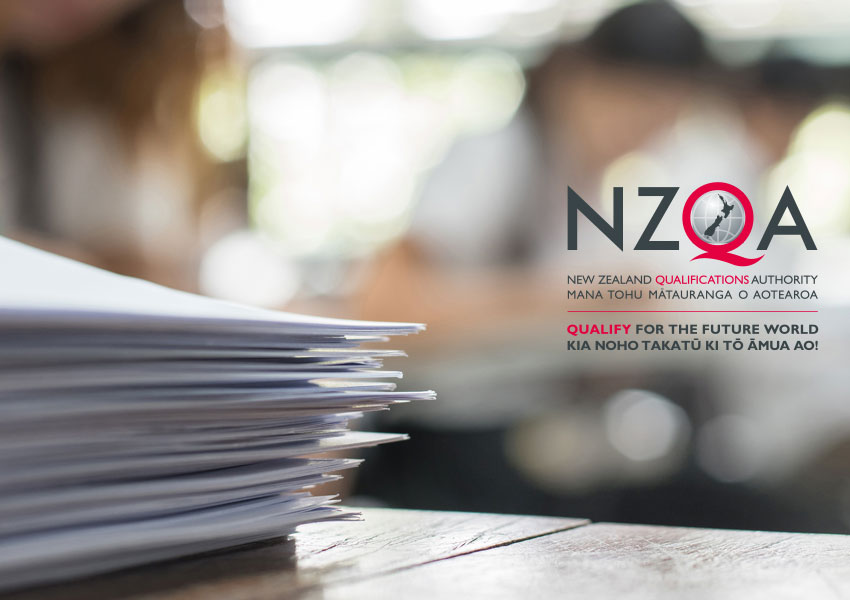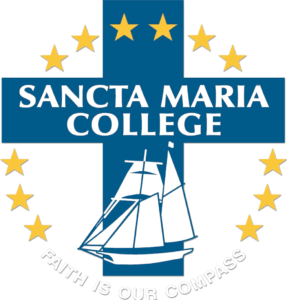NCEA Overview
National Certificate of Educational Achievement (NCEA) is the main national qualification for secondary schools in New Zealand.
The qualification comes in three levels:
- Level 1 – usually undertaken in Year 11.
- Level 2 – usually undertaken in Year 12.
- Level 3 – usually undertaken in Year 13.
NCEA Structure
There are two main components of NCEA: Standards and credits.
Standards:
A standard is set at a specified level on the directory of assessment standards. Each standard describes what a student needs to know or what they must be able to achieve, to meet the standard. Having met this standard, the student will gain credits towards their national qualification.
There are two types of standards offered by NZQA:
- Unit standards: competency based
- Achievement standards: curriculum based
Credits:
Each standard has a defined credit value. Credits may be accumulated from different learning institutions or workplaces towards a single qualification.
Student Assessment
As students study new topics, their teachers or NZQA will offer a form of assessment. Assessments measure what students know or can do against the registered criteria of the standard. If a student meets the criteria, they will achieve the standard and gain credits towards that level of qualification.
There are two different ways of assessing students’ knowledge and ability:
- Internal assessments – assessments held within college by teachers. Examples include speeches, portfolios, essays, practical performances
- External assessments – examinations and portfolios completed at the end of the year. For some subjects such as technology and visual arts, students submit a portfolio of their work at the end of the year. See NCEA exams in portfolios for detailed information. NCEA exams and portfolios
See NCEA subject resources for assessment information. NCEA subject resources
Assessment Grades
The grades a student can earn depend on the type of standards being assessed.
For Unit standards there are just two grades a student can attain:
- A = Achieved for meeting the criteria of the standard.
- N = Not Achieved student does not meet the criteria of the standard.
For Achievement standards there are four grades a student can attain:
- A = Achieved for satisfactory performance.
- M = Merit for very good performance.
- E = Excellence for an outstanding performance.
- N = Not Achieved student does not meet the criteria of the standard.
Qualification
To achieve the NCEA qualification, students need to earn 80 credits at each level.
- NCEA Level 1 (80 Credits and/or 10 Literacy and 10 Numeracy Credits)
- NCEA Level 2 (60 Level 2 Credits) + (20 Level 1 Credits)
- NCEA Level 3 (60 Level 3 Credits) + (20 Level 2 Credits)
University Entrance students must achieve the following:
- NCEA Level 3 qualification is required (60 Level 3 credits).
- 14 credits each from 3 approved subjects.
- UE Literacy at Level 2 or higher, available from a variety of subjects.
- 5 credits in reading.
- 5 credits in writing.
- UE Numeracy at Level 1 with 10 credits or higher.
Overall Endorsement
For an NCEA certificate to be endorsed with Excellence a student must gain 50 credits at Excellence at the level of the certificate or above. So, if a student has 50 Level 1 credits at Excellence, they may have their Level 1 certificate endorsed with Excellence. Likewise, if a student gains 50 credits at Merit (Merit and Excellence) at Level 1 their NCEA Level 1 certificate may be endorsed with Merit. Endorsement awards show on the record of achievement.
Course (Subject) Endorsement
Students will gain an endorsement for a course if in a single school year, they achieve the following combination:
- 14 or more credits at Merit or Excellence and
- At least three of these credits from externally assessed standards and three credits from internally assessed standards. Note, this does not apply to physical education, religious studies, and Level 3 visual arts because they are fully internally assessed standards for these courses.
Resources for further NCEA Information
We encourage you to have a look at the following websites for further information:
You can also watch these videos produced by NZQA:
How NCEA Works – English – Youtube
How NCEA Works -Te Reo Māori (HD) – YouTube
How NCEA Works – Tongan – Youtube
How NCEA Works – Cook Island Māori
How NCEA Works – Niuean – Youtube
Resources for 2023 New NCEA Changes
You may be aware that NCEA is changing from 2023. The new changes to NZQA achievement standards and how teachers will assess students will be staggered and implemented over several years.
- 2023 – Year 11 NCEA Level 1.
- 2024 – Year 12 NCEA Level 2.
- 2025 – Year 13 NCEA Level 3.
There are 7 changes being implemented:
2022 Information Opportunities
NCEA Information Evening
We are planning to hold an NCEA Parent Information evening in Term 1 and 2 in 2022. These are held during our Careers Expo and our Parent/Teacher Interview evenings. All students and parents are welcome to this event.
NCEA Māori and Pasifika Evening
We are planning to hold an NCEA Māori and Pasifika parent and student information evening in Term 1 of 2022. We will have speakers from NZQA and Auckland University. All parents and students are welcome.
Changes to NCEA from 2023 and beyond
We are also planning to hold an information evening for Year 10 students and parents in Term 3 introducing the changes that will occur to NCEA from 2023.
Ngā mihi
Anita Heffernan
Principal’s Nominee


